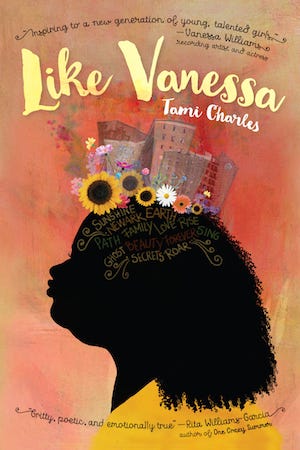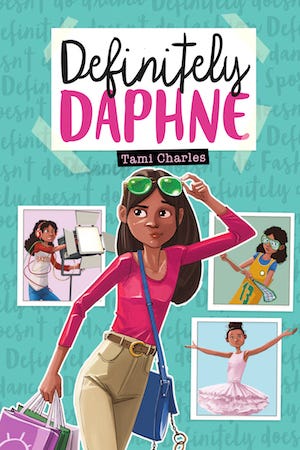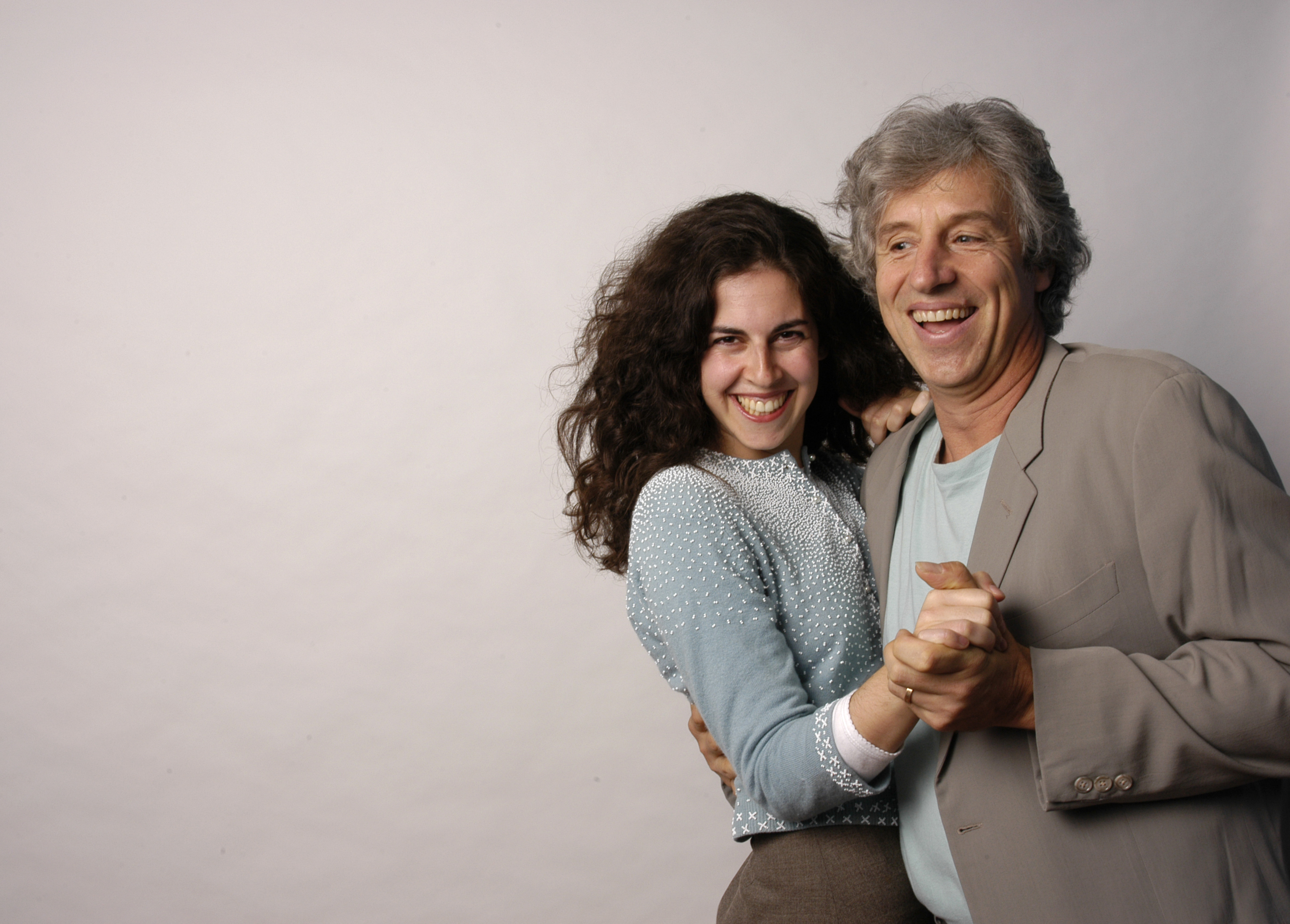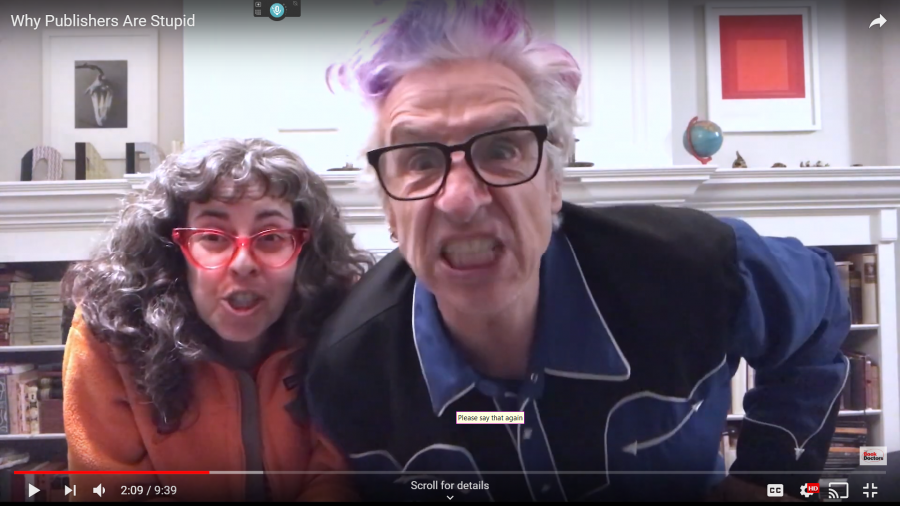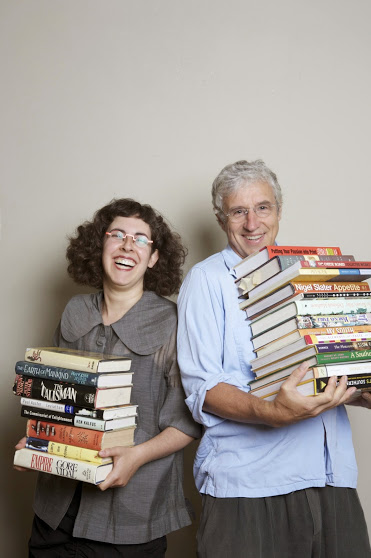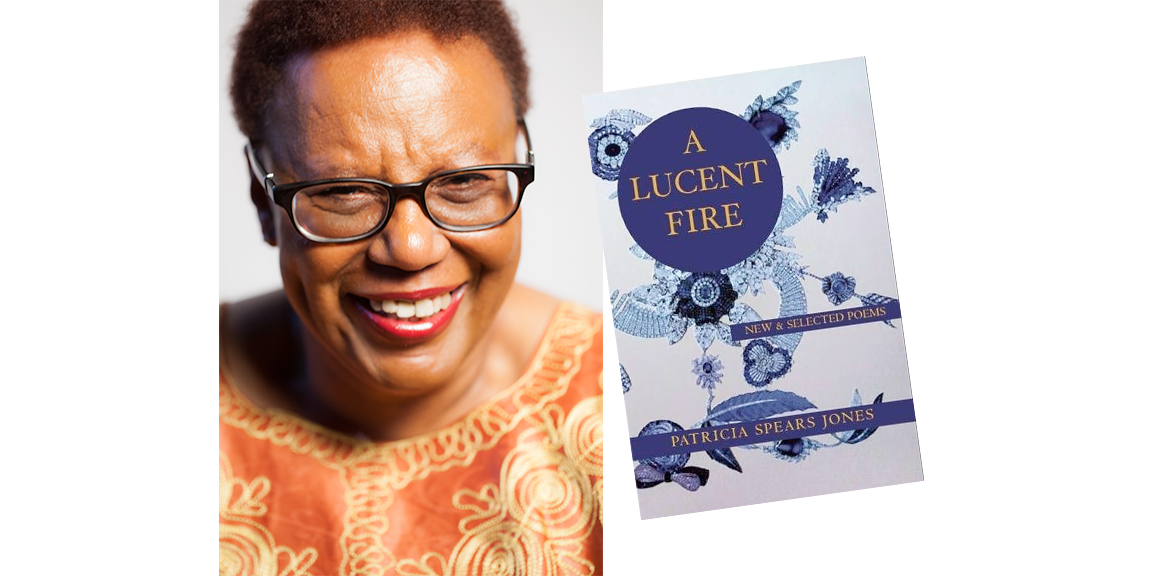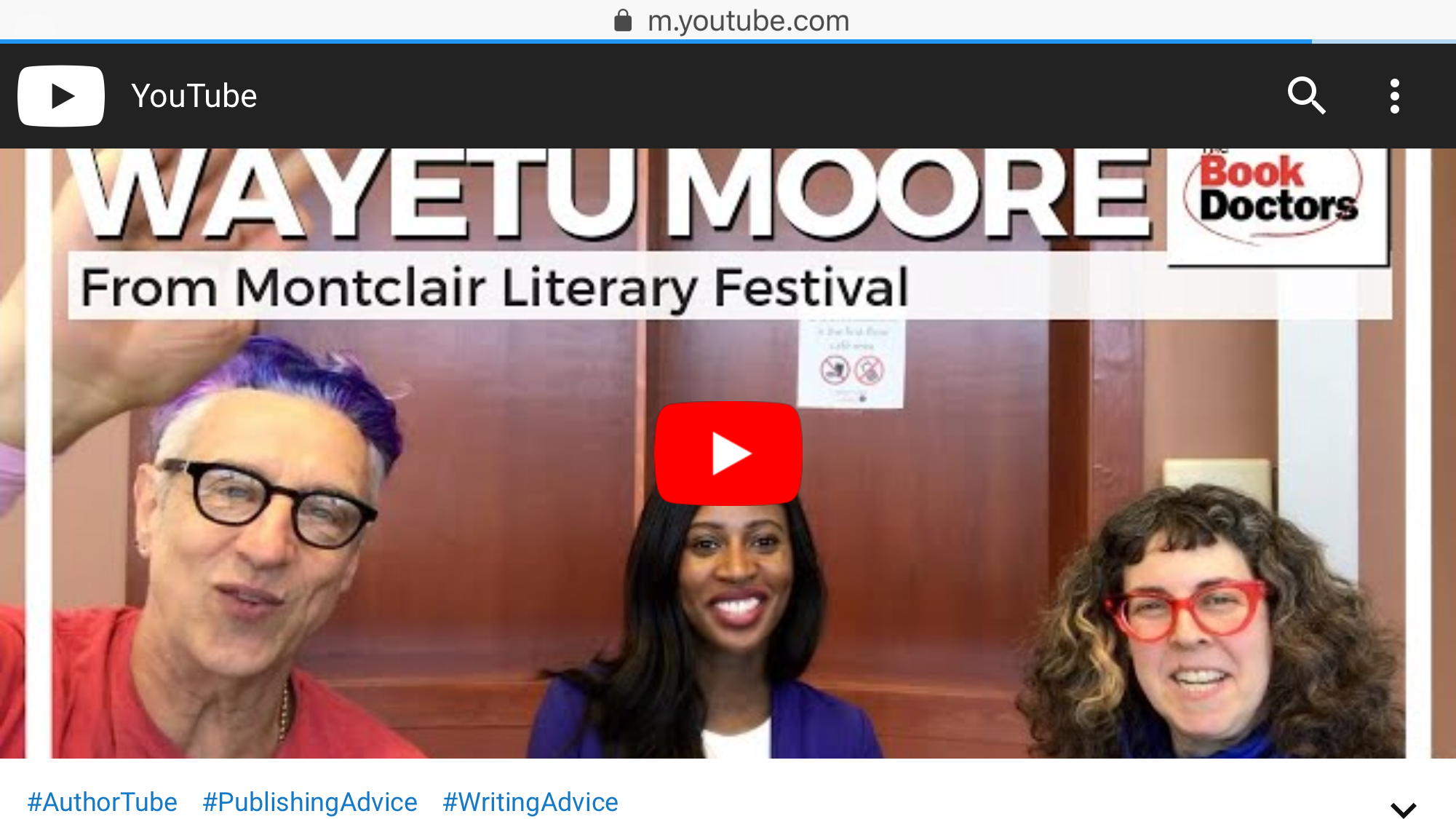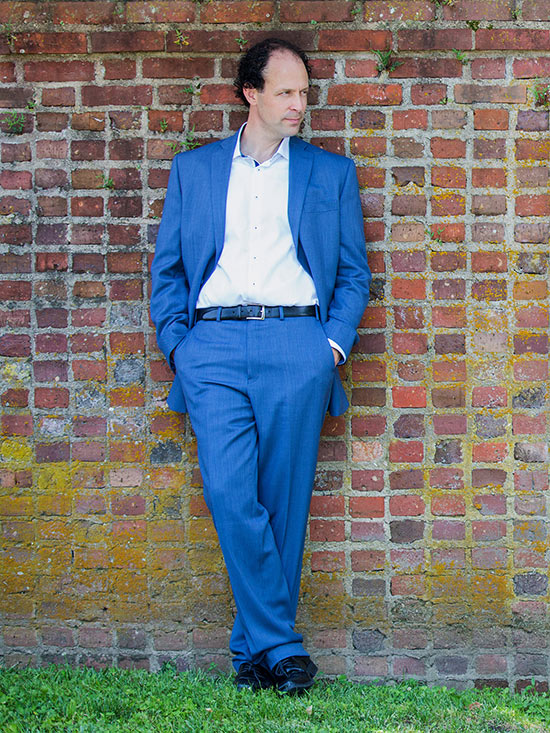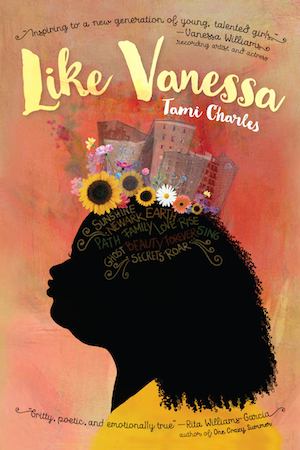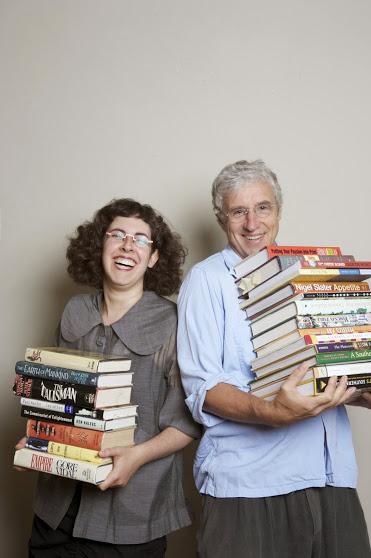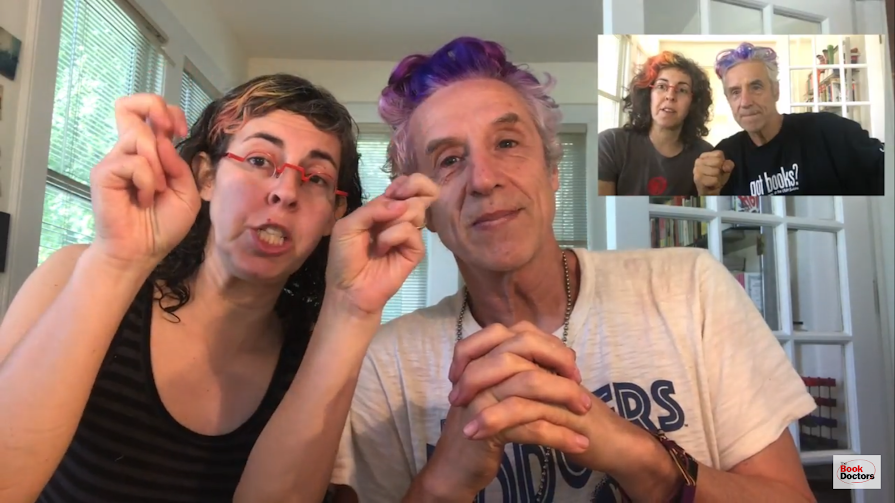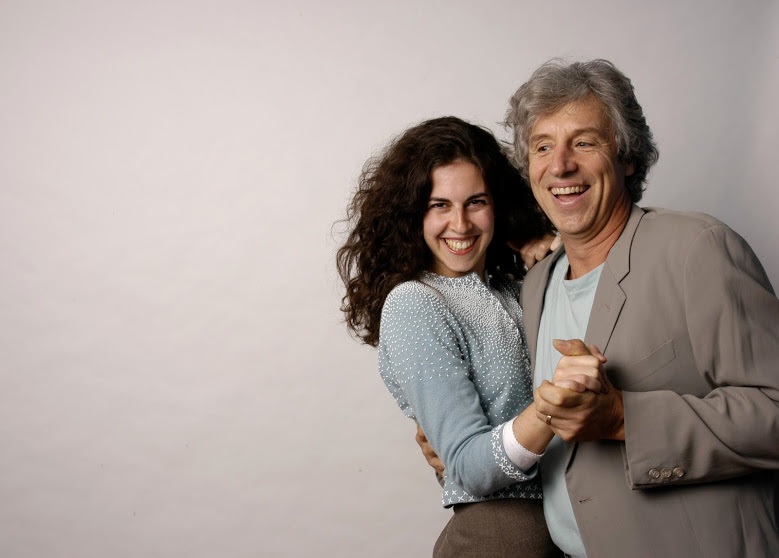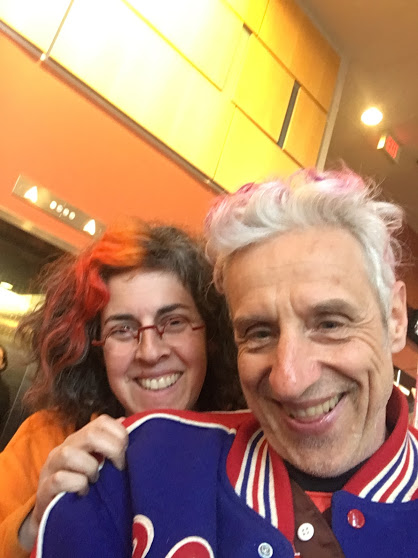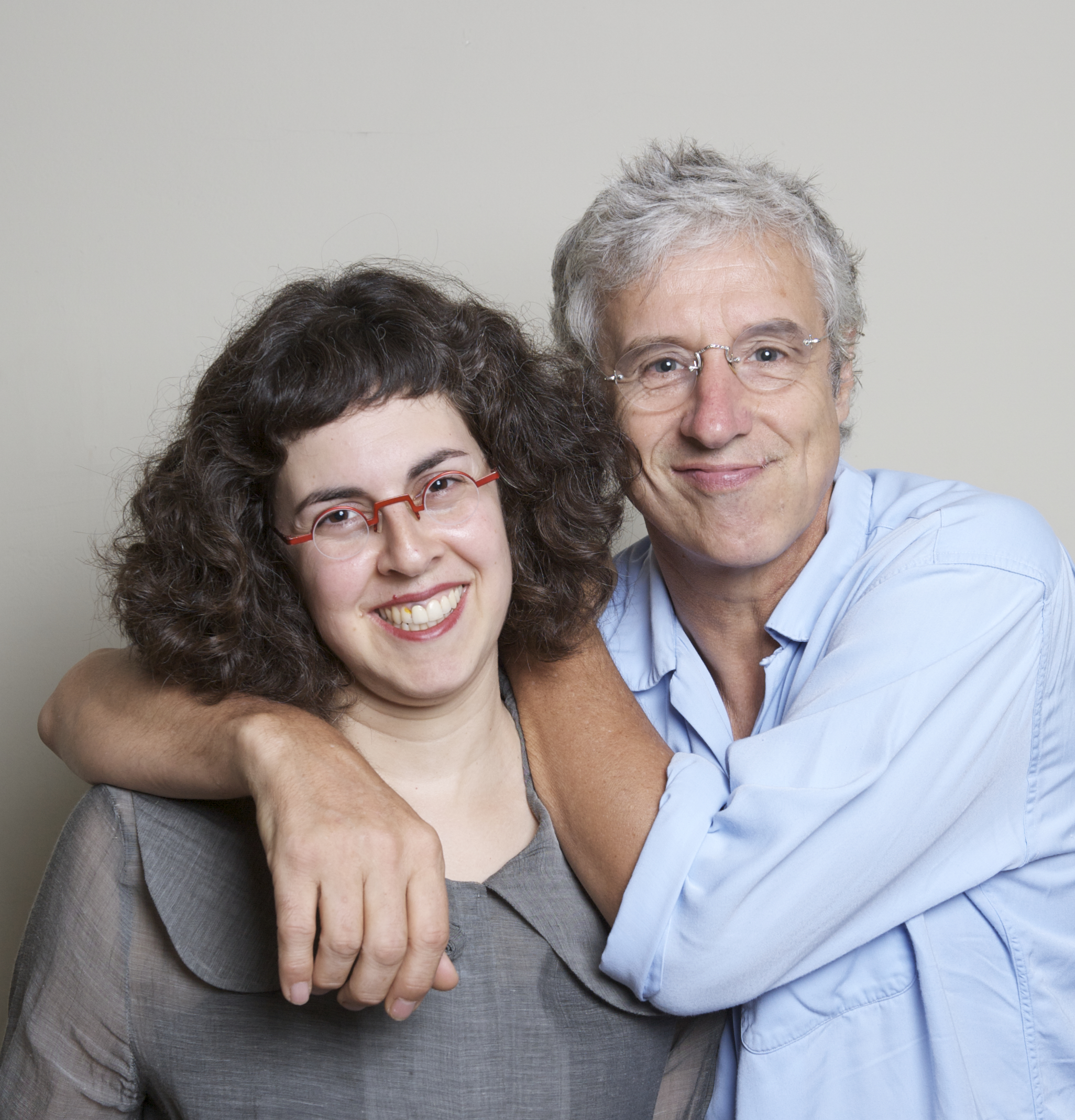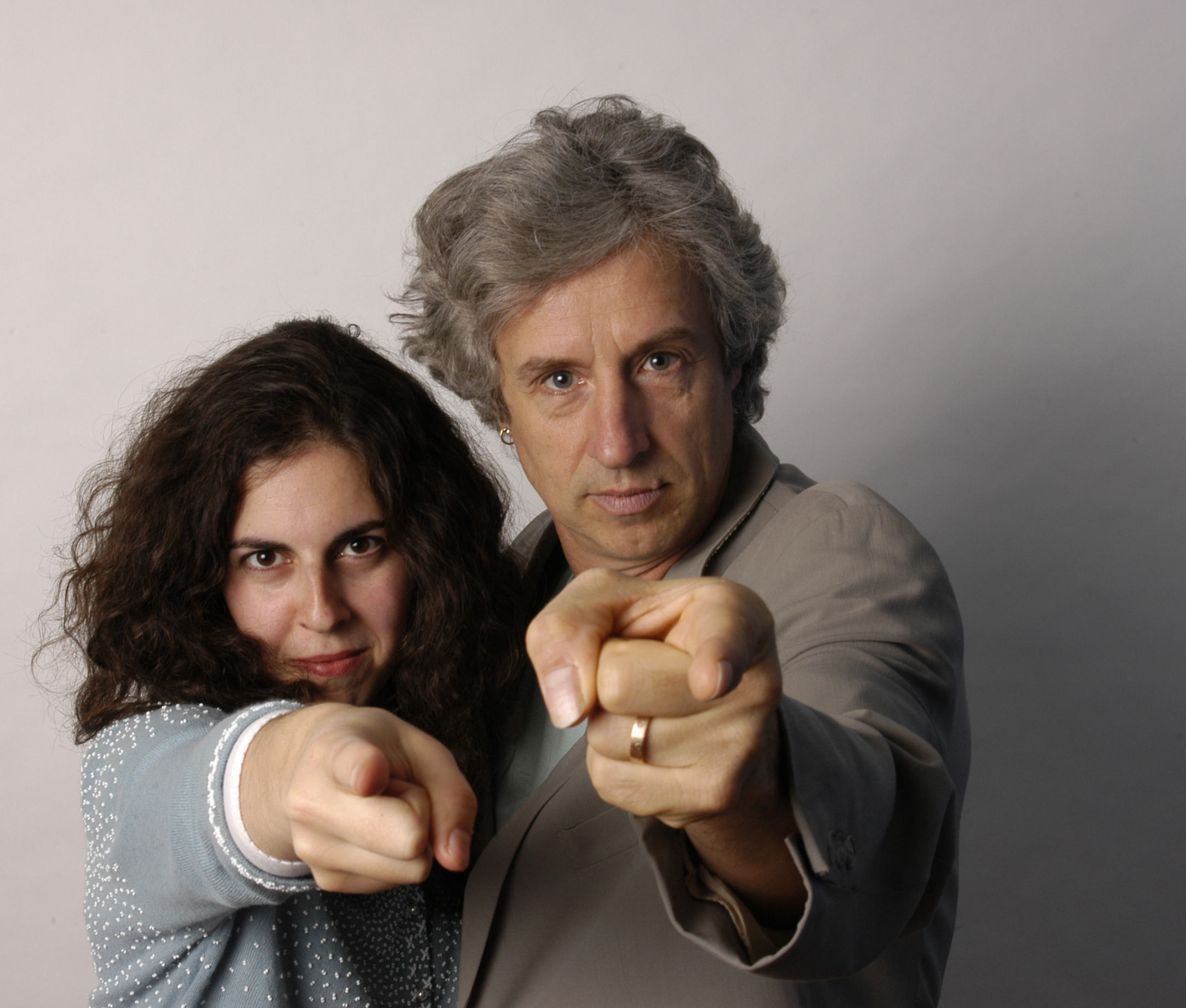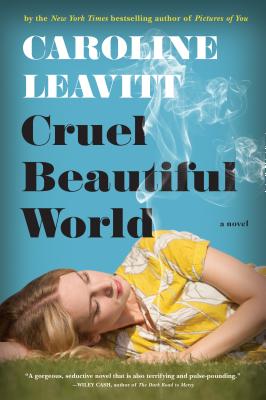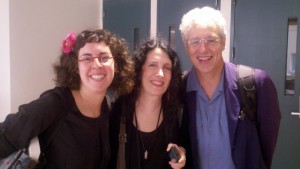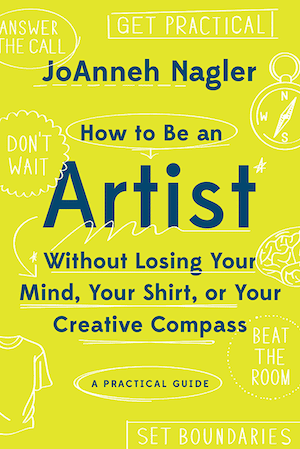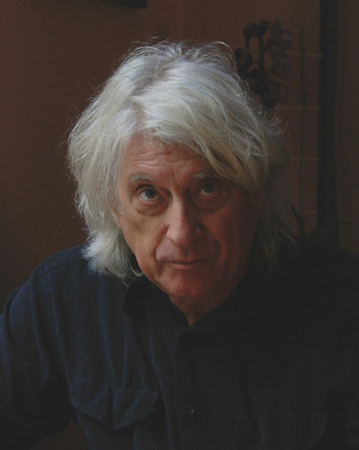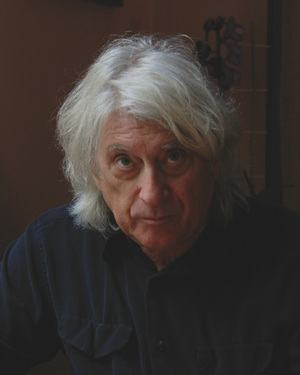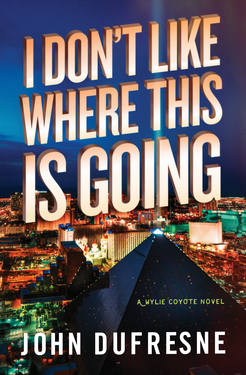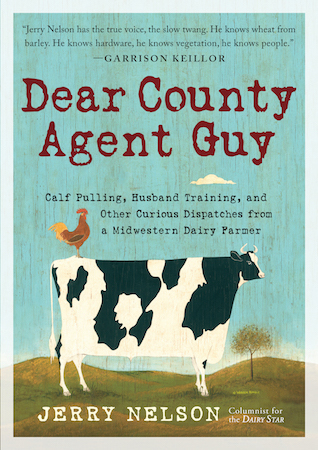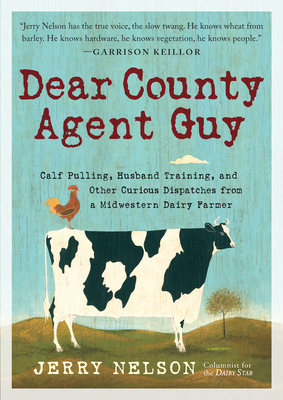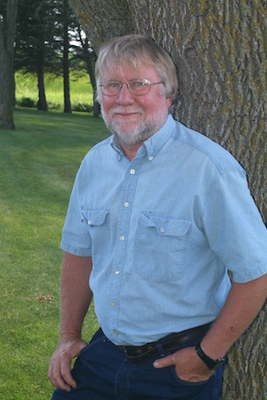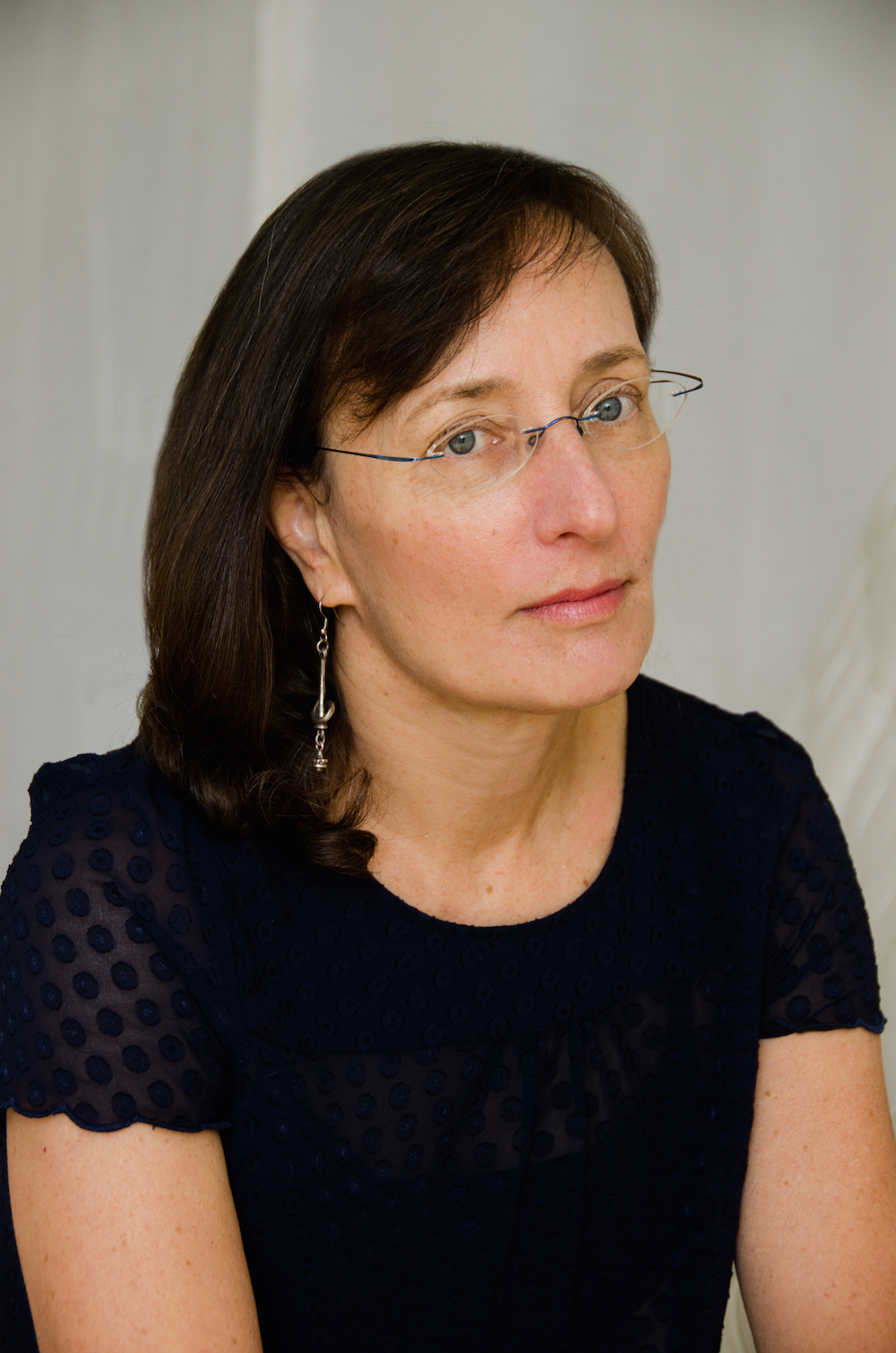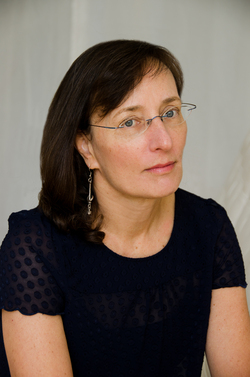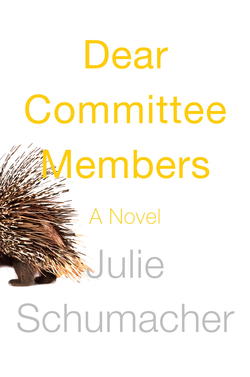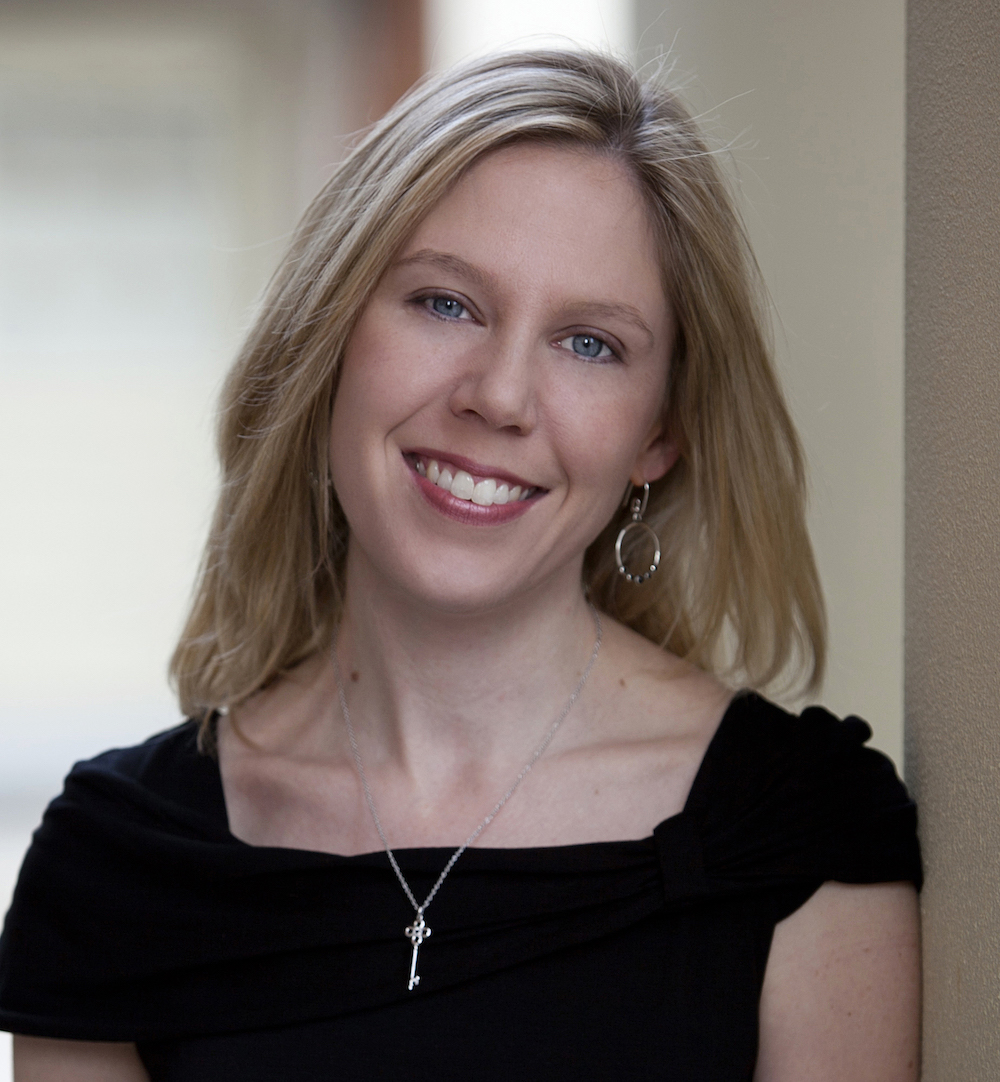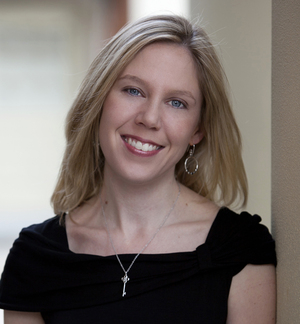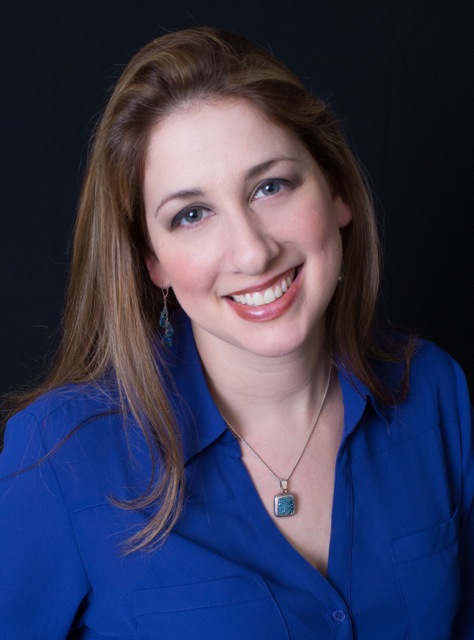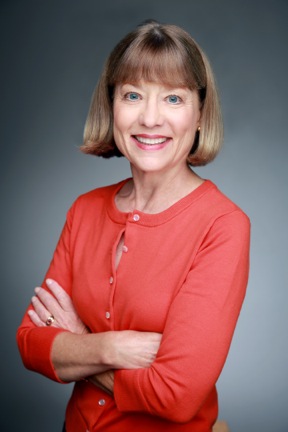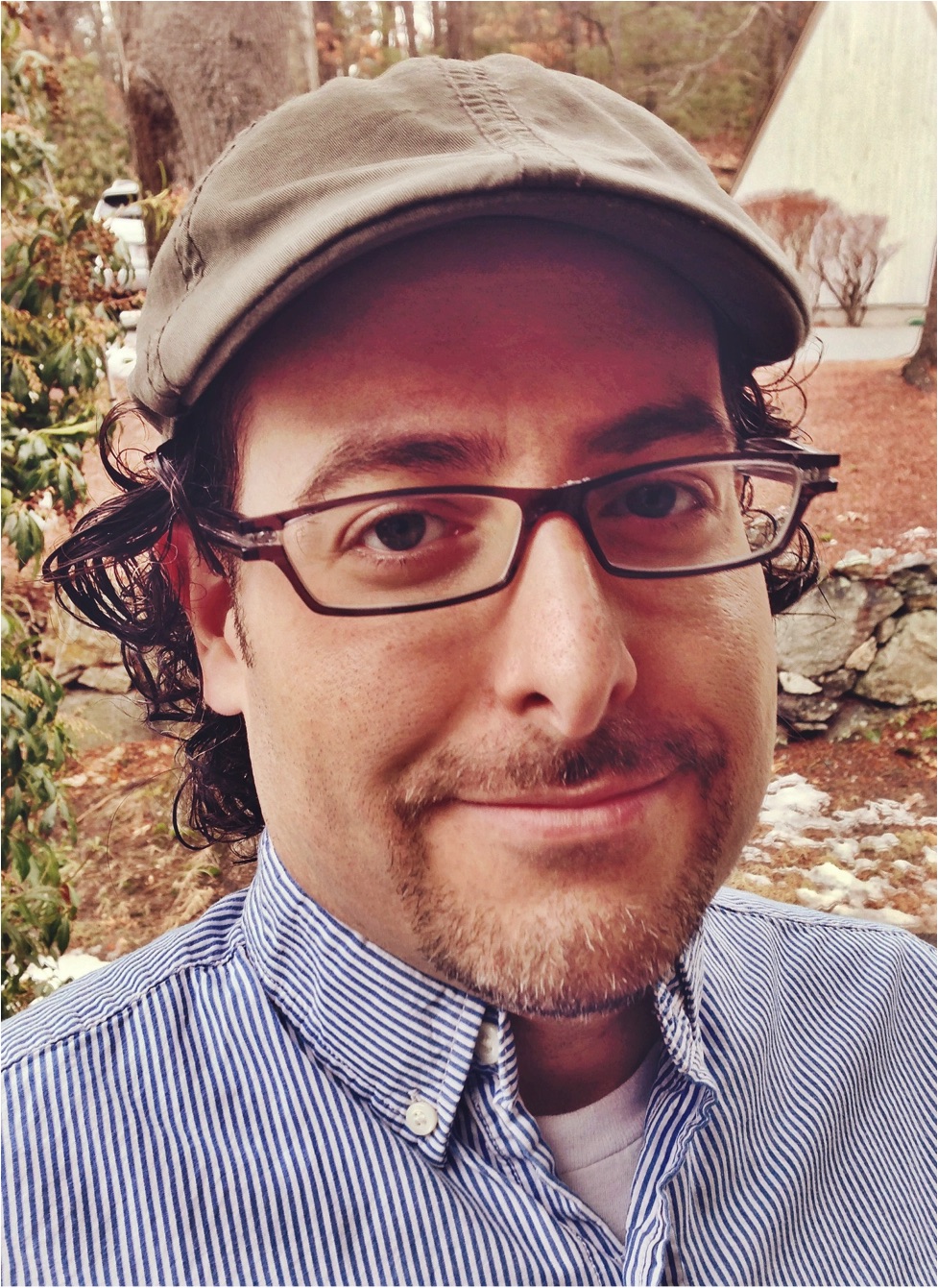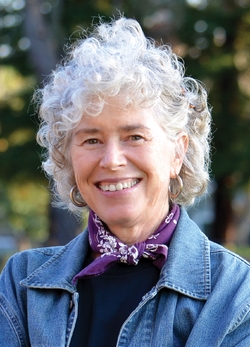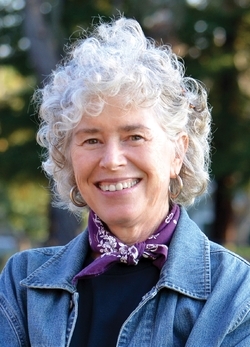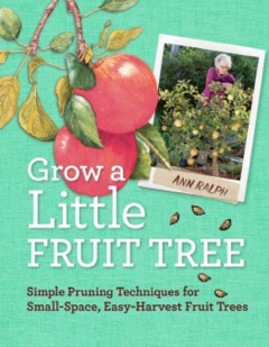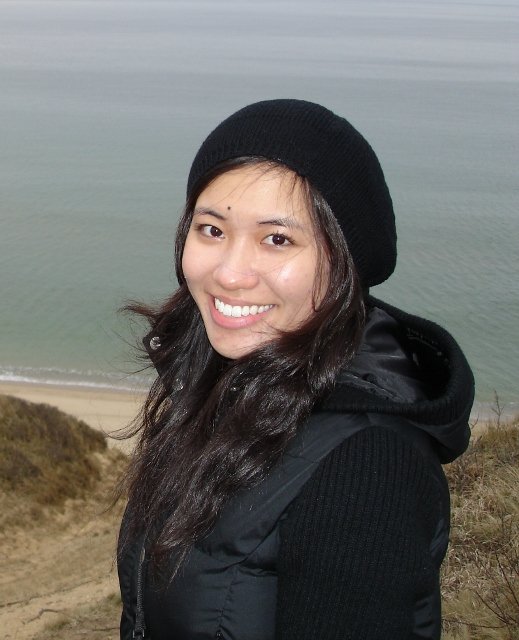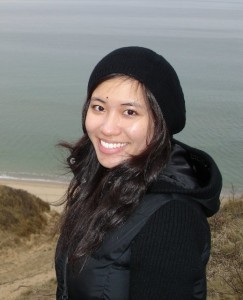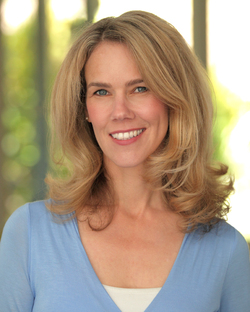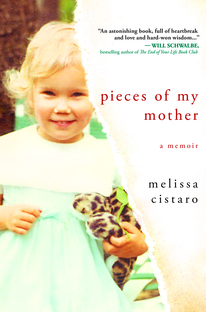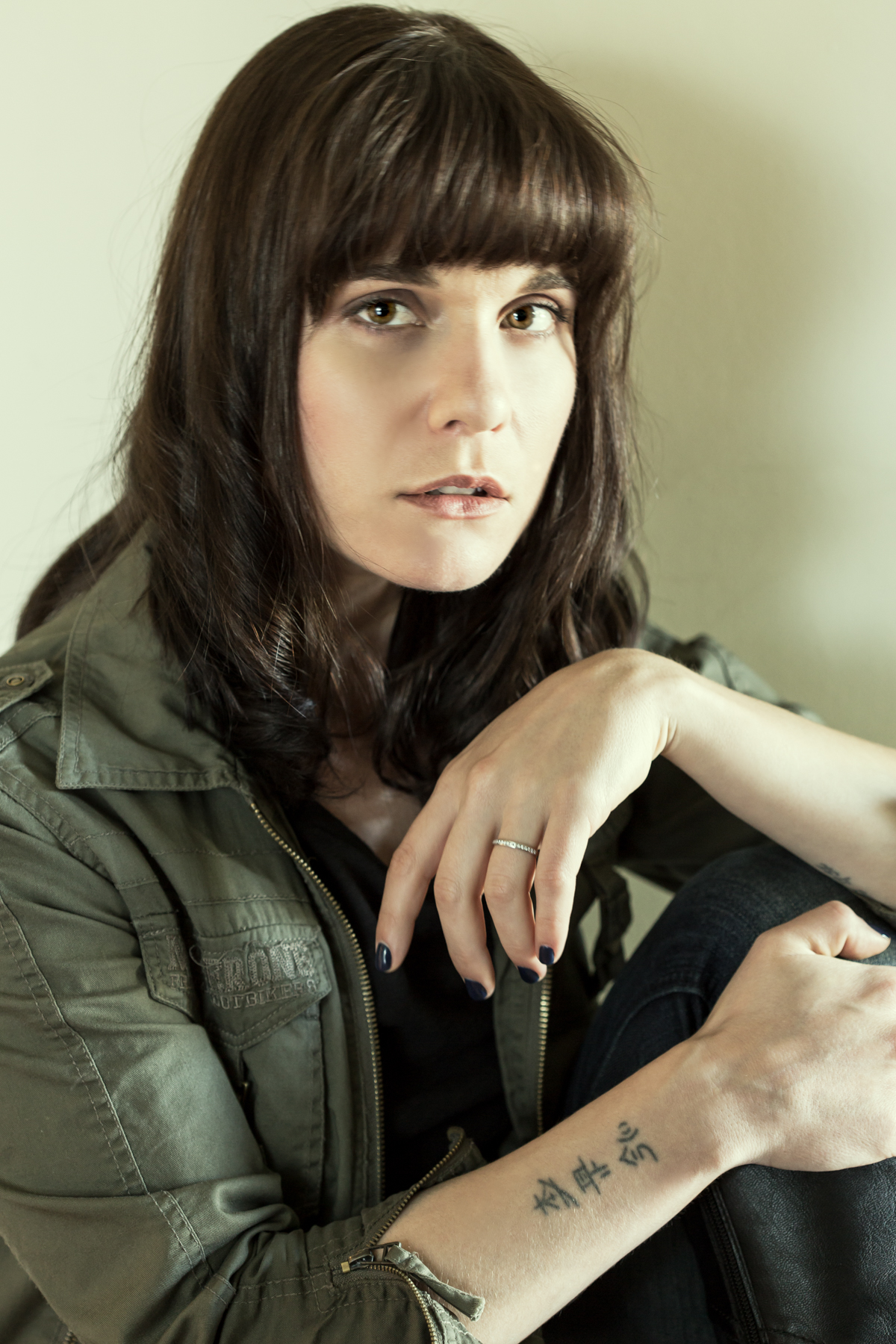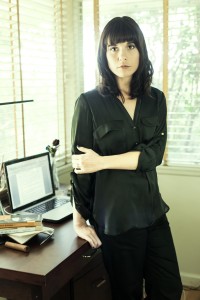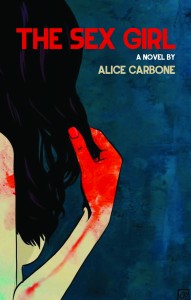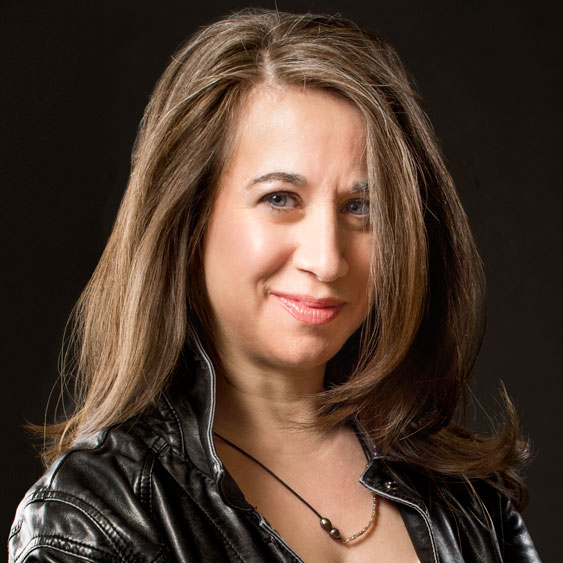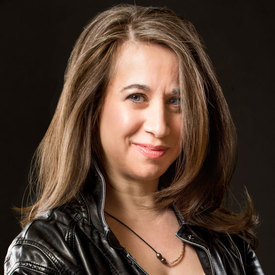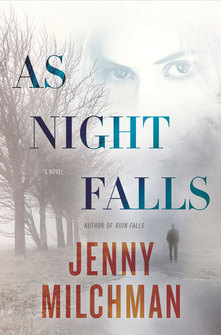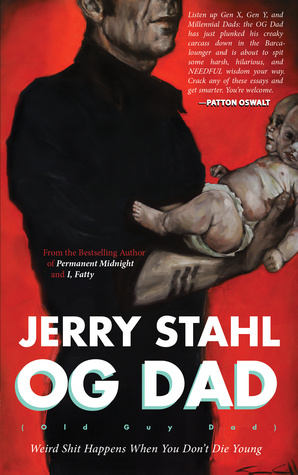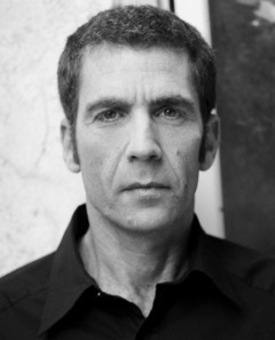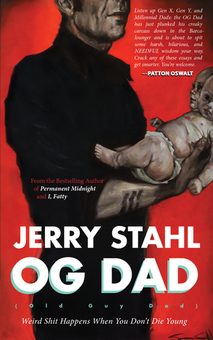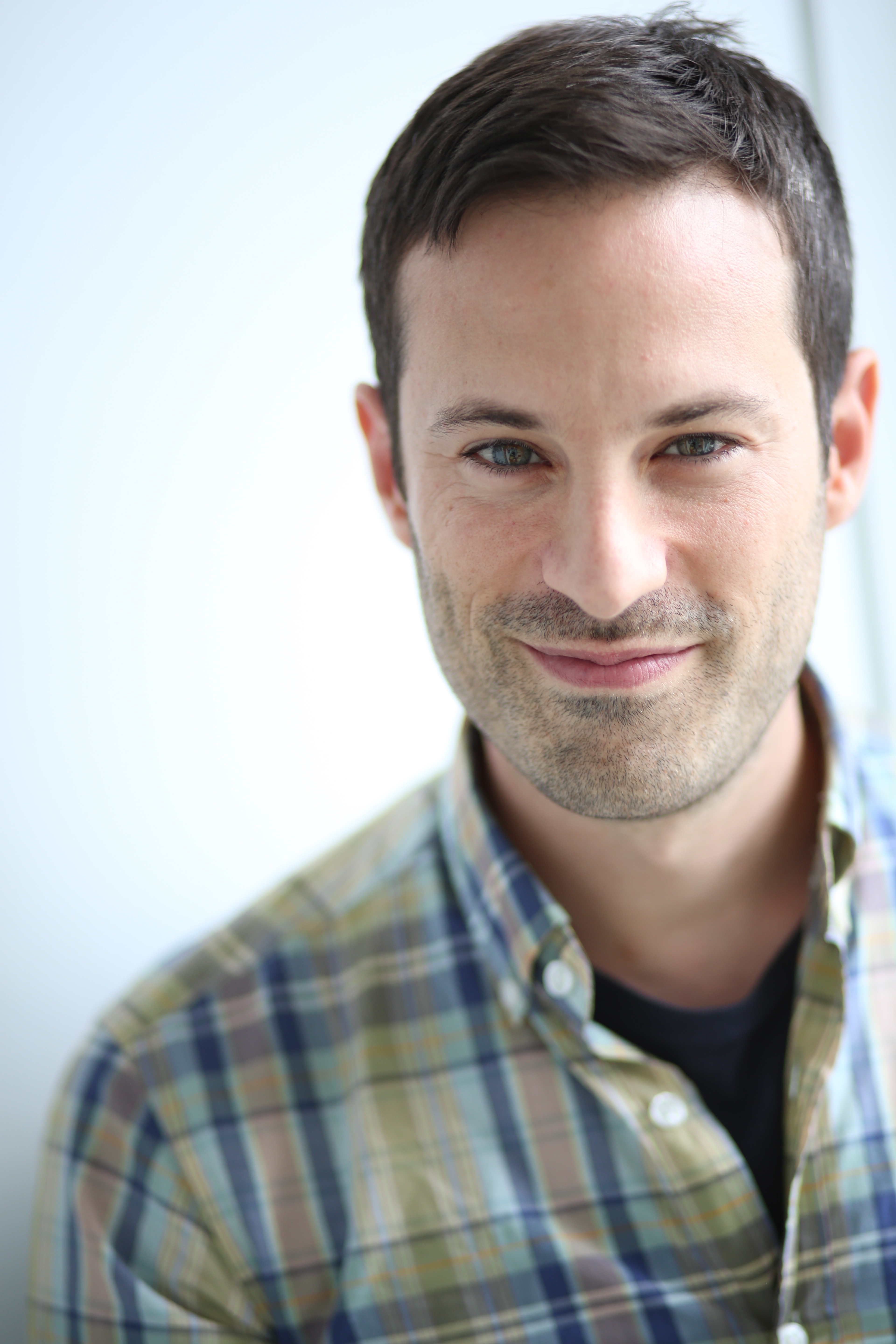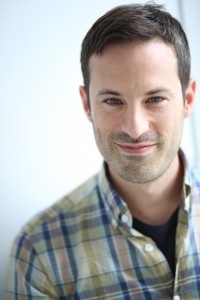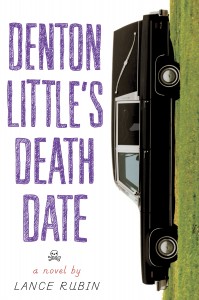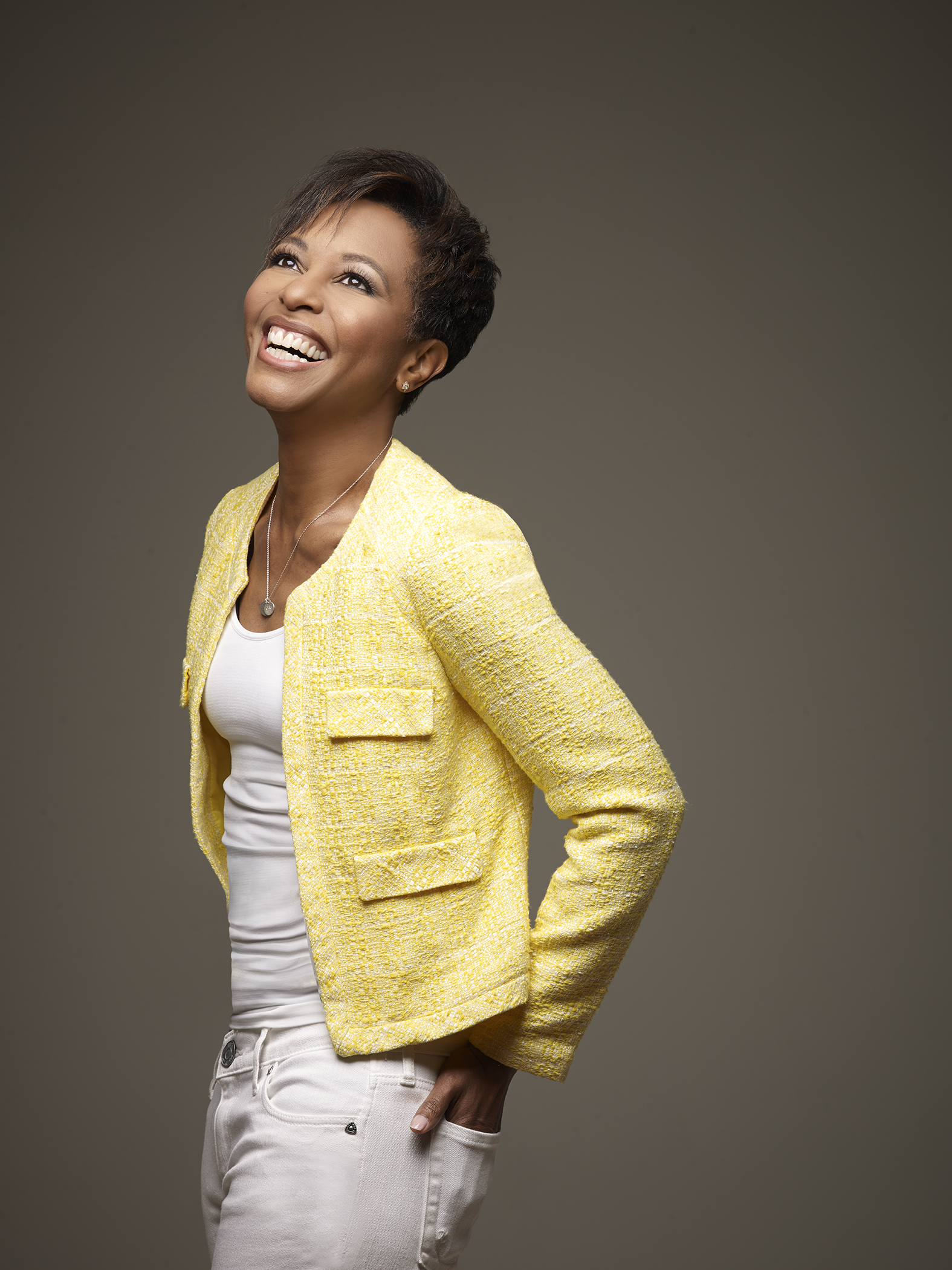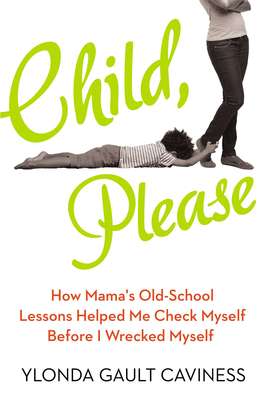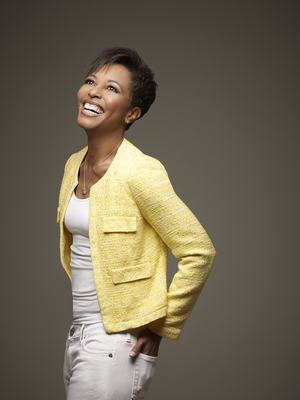We met JoAnneh Nagler a few years ago. She was such a charismatic, wise, energetic evangelist for artists looking to become better business people and make better financial choices. Now that her new book, How to Be an Artist Without Losing Your Mind, Your Shirt, or Your Creative Compass, is out, we picked her brain about books, writing, art, money, and whatever else we could get out of her.
Read the interview on the Huffington Post.

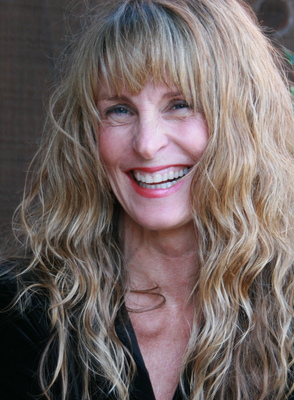
The Book Doctors: You do so many creative things in your life: writing, music, fine art. Where did that creative impulse originate?
JoAnneh Nagler: I realized I was artistic at about the age of seven. When I think about where my well of creative impulses lives inside me, I immediately think of the brilliant Dostoyevsky quote, “Beauty will save the world.” I guess that’s what I’m up to in my art life–to create more beauty in the world.
What’s telling, though, is that when I was growing up and becoming an adult, I didn’t think to value my creative gifts above my brain, or give myself permission to develop those talents so I could share them in a serious way. “Artists are poor,” I was told. “They fight with their families about whether or not to do their art, and they usually end up giving it up to raise a family or get a job.” That extreme thinking caused a lot of suffering in my life, until I found a way to live as an artist without losing it, quite literally.
In my book, How to Be an Artist, I use the term “artist” in the broadest sense of the word, encompassing all of the entrepreneurial stuff that creative people do. That means painters, writers, sculptors, musicians, actors, but also gallery owners, new-millennium bloggers, designers, inventors–you name it. And that’s important because there are millions of us creating with ambition. We’re not hobbyists.
Hence, the theme of my book: we need to give up the extreme thinking that we either have to starve or be a multi-millionaire in order to live a creative life. We need a new model of balance that helps us live a decent life and make art at the same time. That’s what I’m up to in my life and in my book.
TBD: How did you first become a published author?
JN: The road to becoming published began, for me, with an act of service. I had no real ambition to write a personal finance book. I had fallen on my face with debt, and I came up with a simple, five-minute-a-day plan to live debt-free–something so easy that I could keep my head in it without checking out. I started sharing it with friends, and my best friend came to me and said, “You need to write this down. This saved my marriage.” So I sat down to see if I had anything to say, and I wrote The Debt-Free Spending Plan.
Writing to be of service was the key that led me to the How to Be an Artist book: understanding that creating is unlike anything else we do in our linear timeline. It requires blocked out hours where we can explore in an undisturbed way, where we can craft something from scratch and experiment. It requires learning how to be of service to our artistry, and that means grabbing hold of a few tools we can apply simply and easily that will help us get our hands in our art.
TBD: What did you learn from your first book, The Debt-Free Spending Plan, that you were able to apply to your second book?
JN: I learned that if I’m going to offer helpful insights to readers, then I need to make them easy and practical in the real world. I want everything I offer to be workable in crazy, pressure-cooker, swirling lives. I’m essentially writing from my own failings in my books–from the stuff that I fell on my face over in art, money, time, motivation, love, crafting a life–stuff that had me face-first on the sidewalk sometimes. Now that I know how to navigate some of this stuff from having learned it the hard way, I’m hoping to offer a short-cut, a painless path for others. I’m offering easy-on-the-soul tools to help us get to fulfillment faster and with less pain than I experienced.
When I wrote The Debt-Free Spending Plan, I had no idea if anyone would publish it, so I wrote one hour a day, four days a week. I was beginning to practice what I now preach: that is, a balanced life, with a “slow, steady steps” approach to making art. That’s an important point about writing non-fiction for me: I had to live the principles I was writing about, both for the debt-free book and the art book, and I had to write from a place of my frail and flawed humanity.
For instance, I loved the 1990s books on artistic process that asked me to write in a journal every day, do ramp up exercises, even do my mending when I’m blocked, but realistically, I don’t have that kind of time. Most of us don’t. We have day jobs and families and crazy-busy lives, and we need practical strategies to get to our art quickly or we won’t get there at all.
So that’s what I crafted in How to Be an Artist: tools for managing time, work ethics, motivation, balancing a day job–even money clarity–so we can get to the stuff we love right now. I figured out for myself that it’s not the glory-outcomes that put me at ease when I’m pressed to create something; it’s getting my hands dirty, in my art, on a day-to-day basis.
TBD: Is this a cliché, or have I really noticed that many people who devote their lives to the creative arts seem to be not very good with money?
JN: It’s not a cliché. It’s true. But it’s not true because we artists are flawed individuals who flounder because we can’t get it together long enough to address our money or our lives. The truth is, we’ve been schooled in completely insane and culturally-wacked ideas about what it means to live as an artist, and we instill them in both kids and adults.
We’re told that if we’re a “real” artist, we should be willing to starve and struggle–tanking our life, essentially–in order to make art. And that doesn’t work. We’re sensitive creatures, and struggling is like running too much electricity through already delicate circuits–it sucks up all of the air in the room for making art, and it ruins our life, too.
The other end of the pendulum swing is the myth that a “real artist” is someone who’s had instant multi-millionaire success or has a grandmother’s trust fund to live off of and doesn’t need a day job. All of that is bunk.
Here’s the definition of a real, working artist: a person who works on his or her creative work on a regular basis. That’s it.
That’s the whole premise for my book–that we can learn how to put supports under our feet, live artistically, and have a decent life–not just for now, but for years of our life.
Specifically, regarding money, we artists need simple clarity–not so we can be good little corporate citizens or work on our credit scores, but so we can buy ourselves time. Money clarity buys us time; that’s the simple truth. It offers us the support we need when the call comes to go to South America for three months and teach music, or the inspiration comes to craft a 16 by 20-foot installation piece and we need to buy supplies. It allows us to answer our own artistic callings, plain and simple.
What we want to build is an artist’s life. Not a flash-in-the-pan idea that we’re praying is going to save us from having any more responsibilities in the outside world. So we have to give up the ‘kick-starter’ idea of making an instant, uber-splash and banish all of that cart-before-the-horse hype that says “do what you love and the money will follow.” All we own as an artist is our labor. We have no control over how the world will receive our gifts because we are blazing a brand new trail every time we create. But that’s why we do it. It’s all on us for one simple reason: no one else can replicate our own, exquisite creative voice.
TBD: Why do you think we live in a society where so many creative artists are asked repeatedly to give their work away for free?
JN: I think there’s an identity issue wrapped up in this question. For example, a friend of mine likes to say, “I’m a potter, and I fix cars to support myself.” That’s a very different definition than saying he’s a mechanic and does a little pottery “on the side.” And that definition affects what he charges for his work and how he approaches showing it. He is a professional potter. And he does something to support himself that he can live with. That’s the framework we need to make art over time.
We need to own our identity as an artist. When we do, it tends to make sense of our life choices, our day job, our timelines, and helps us professionalize our work as well. Why do we care if our work is professionalized? Because when we take our artwork out into the light of day we get more than a chance to sell it: we get feedback. We see how it lands on other people’s hearts. We see its value. We learn how to tweak and adjust and get better at expressing.
When I wrote my first music CD, I really didn’t know much about song structure and I had a tendency to over-write musically. I don’t think I was even aware that I was songwriting in the Americana-folk-pop tradition. By my second CD, I knew who I was writing for, and I knew how to get to the form quicker. That professionalization helped me finesse, and it guided me on how to value the product.
I had a mentor who asked me to monetize all the skills I learned songwriting, laying down tracks, co-producing, editing, supervising the mixing, and marketing that CD–meaning, I had to put down a dollar value of what those skills were worth in the outside world. And it woke me up–it was worth hundreds of thousands.
I’m saying we have to get better–and we will as more of us bring our work into the light with a solid support structure under our feet–at finding ways to pay artists, ways to earn. We are beginning to think more entrepreneurially, and as we get clear about our personal time, money, life structure and goals, we will learn the value of investing in the stuff that earns.
TBD: Follow-up: What do you advise artists do when someone keeps asking them to work for free?
JN: I do a lot of different things in my art life. I make music CDs; I paint large abstracts; I write plays, travel articles, and books. I still have things I’m dying to do: design clothes, for instance, and write novels. But I don’t know which ones are going to pop. All I know is that I need to answer the call when it comes, or I quite literally start getting agitated and dissatisfied in my daily life. (I have learned this the hard way.)
What I do now is set up my life like school: a handful of hours for my day job, a handful more for my family life and health, and then I map out the rest–my “flex hours,” as I like to call them–with the creative things I want to get my hands in. I never know which ones are going to earn. But if I’m supporting myself well with a day job or a situation I can live with–one that’s not creating struggle or angst in my life–then I’m free to explore whatever I choose to explore, and the results can take their own course.
That doesn’t mean I don’t lobby for the best earning power I can command, based on my work. What it does mean is that I’m not in a rush anymore to insist that my projects instantly deliver a payoff. I don’t use debt anymore, so I’m not pressed financially and I’m not desperate. I can choose whether I want to give away something to get exposure, or wait and hold back until my art pieces generate the kind of value-field I’m looking to play on.
I’ll give you a great example of this approach. As I said before, I wrote my first book by writing one hour a day, four days a week, and it took me a little over a year and a half to finish it. No rush, but not that long in the scheme of things, right? I was just setting aside some time to see whether I had something I really wanted to say. I also worked a couple Sunday afternoons a month recording music, and I wrote travel articles a handful of hours a month. That sounds like I’m just crazy-motivated, since I have another job teaching yoga, too, but it really was the use of a simple tool–a time map I describe in my book–that got me into the things I wanted to explore.
Without the intense cart-before-the-horse pressure to perform that I used to put on my creative work, my projects get a normal growth arc, like a kid. We can’t expect our artwork to save us in instantaneous glory, or to have the maturity of a twelve-year-old when it’s only a two-year-old.
Art needs time. It’s not a paved path to “success,” like going to medical school or getting a computer science degree. As artists, we’re building the path as we go. Yeah, it’s a drag that we sometimes have to give away stuff to get exposure. But when we’re supporting ourselves well already, we can choose to play in that pool–or not–depending on what our personal goals are. The point is, we’re building something, and that building takes time. We have to be willing to let that growth arc happen, and the way to do that is to put steady supports under our feet while we’re creating.
That’s a roundabout way of answering your question, but it’s the heart of it, I think. Simply put, our pleasure lives in living the life of an artist, not in the outcomes. We deserve to have that pleasure, and we can learn how to support it.
TBD: How do you personally juggle being an artist and entrepreneuse?
JN: I’ve had to get good at this, and it did not come easy–not by a long shot. I spent years burying my artistic gifts in business jobs, then, on the other extreme, quitting and living on my credit cards because I hated my life without art. I was a victim of the pendulum-extremes of our artist stereotypes, either by underearning and starving, or by burying my art. I was unhappy a lot and terribly frustrated because I couldn’t figure out how to live with my gifts.
When I started taking the art life apart, the first thing I had to do was get a day job I could live with. That meant giving up the fast-money, “important” grant writing career (which was bringing me all kinds of grief and frustration) for a more humble yoga-teaching job, which ended up working incredibly well with my writing life. (It makes me get up from the screen and move around.) It meant I had to learn to live on less money and within my means so I could buy myself time to work on whatever I wanted to work on.
Then, with that foundation under me, I had to learn to set aside regular time for creating while having a job and a life. I use a time map that I can sketch out in five minutes, which I share in the book, which gives me moderate goals and buffer zones in case everything goes to hell and tanks my art time. I separate out the hours for creating and the hours for marketing, noting that though we’re all hyped up on it, tweeting twenty times a day is not creating art. It’s a different animal. I need the animal that calms me down–and that’s my art.
I want to keep increasing my earning power, but I need to be content while I’m at it–to give up angst-filled jobs and pressure-cooker situations and craft a life I can live with without getting nutty or being angry.
TBD: What gives you more pleasure, to write a great song or to make a shitload of money?
JN: Both. Truly, when I make money at my artistry–even small amounts–it gives me pleasure because it’s a validation of following my own guidance in the world. I’m being recognized for what I’m offering. But I can’t work from an outcomes-oriented perspective. That’s the point of setting aside time to craft art. I have to silence all of the outside voices–including the need to “succeed” monetarily–so I can hear the callings inside me and get them out. I have to work in both the ethereal, spiritual world of creating art and the practical, feet-on-the-ground realm of the birthing something onto the earth.
I’m not clueless though: I know that I’ve chosen to walk a path very divergent from what most other people walk. I’m ambitious, so even as I’m writing my “how-to” books, I see the arc of what I’m doing. I’m building a library of ways to help others with the stuff that made me fall on my face–hopefully in a very human tone with all of my failings and frailty present in the text–and my prayer is that it’s giving readers shortcuts for an easier walk than mine. My painting and my music are all about finding an intuitive kind of beauty, things that are not intellectual and encourage me to feel and intuit, rather than think. In all of it, I find, I’m coming to some kind of happy acceptance with being human.
Though my ambition certainly involves earning, and sharing, what’s at the heart of it is what my dear friend Mary Ellen (now about 97 years old) said to me once. She said, “See the faces of the people you’re going to help, the hearts that will be lifted up from your work.” That’s why I do what I do. And I support it with everything I need that will keep me in it for the long haul, for a whole life of this work I love.
Cheryl Strayed said, “We are here to build our own house.” I need–with all my heart–to have my house be a unique creation of my own hands, an un-replicated experience of what’s inside me. Who can say why I’m wired this way–to need this expression? I don’t know. All I know is that it presses on me, as if I’m pregnant with it, and I have to get it out. It’s what makes me happy and content.
TBD: We hate to ask you this, but what advice do you have for writers? And what advice do you have for artists who don’t want to lose their minds, shirts or creative compasses?
JN: I was the all-or-nothing girl for years: giant, swooning risks awaiting big-splash results that were supposed to lift me out of the bonds of daily life and responsibilities. I believed that if I loved my art enough I would be visited by glorious, save-me-in-a-moment success. Now I know that I have to build success, stone-by-stone, step-by-step. I have to craft the life of an artist first, support it, and then build on it, year-by-year. Since I’m an adult, I have to have a life while I’m doing it.
My advice for writers–and for all artists, really–is to stop over-expecting. To begin to apply the slow, steady steps approach to art–well supported, with permission to explore and discover and fall in love with the creative forces inside us. To live in balance, and to give ourselves the dignity of learning how. To give ourselves room to get what’s in us out, bringing the beauty of our art into our own soul, and then out into the world.
Our artist’s job is so clear: we are here to reflect back to the world the crazy, messy, lovely, challenging, exquisite beauty of what it is to be alive in our time.
I believe that happiness is in our own artistic moment. When we measure our success and wealth by our ability to get our hands in what we love, regularly and steadily, we are well on our way to building a heaven on earth.
JoAnneh Nagler is an author, painter, musician, and yoga teacher. She is the author of the new book How to be an Artist Without Losing Your Mind, Your Shirt or Your Creative Compass, and the Amazon Top 100 Book The Debt-Free Spending Plan. Find her at: www.AnArtistryLife.com
Arielle Eckstut and David Henry Sterry are co-founders of The Book Doctors, a company that has helped countless authors get their books published. They are co-authors of The Essential Guide to Getting Your Book Published: How To Write It, Sell It, and Market It… Successfully (Workman, 2015). They are also book editors, and between them they have authored 25 books, and appeared on National Public Radio, the London Times, and the front cover of the Sunday New York Times Book Review.
JOIN OUR NEWSLETTER TO RECEIVE MORE INTERVIEWS AND TIPS ON HOW TO GET PUBLISHED.
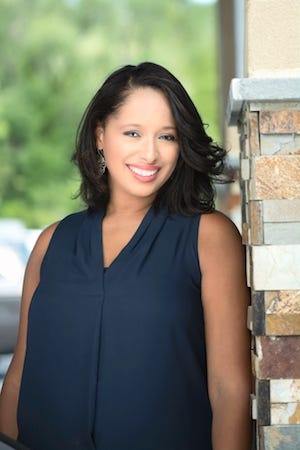 Tami Charles
Tami Charles